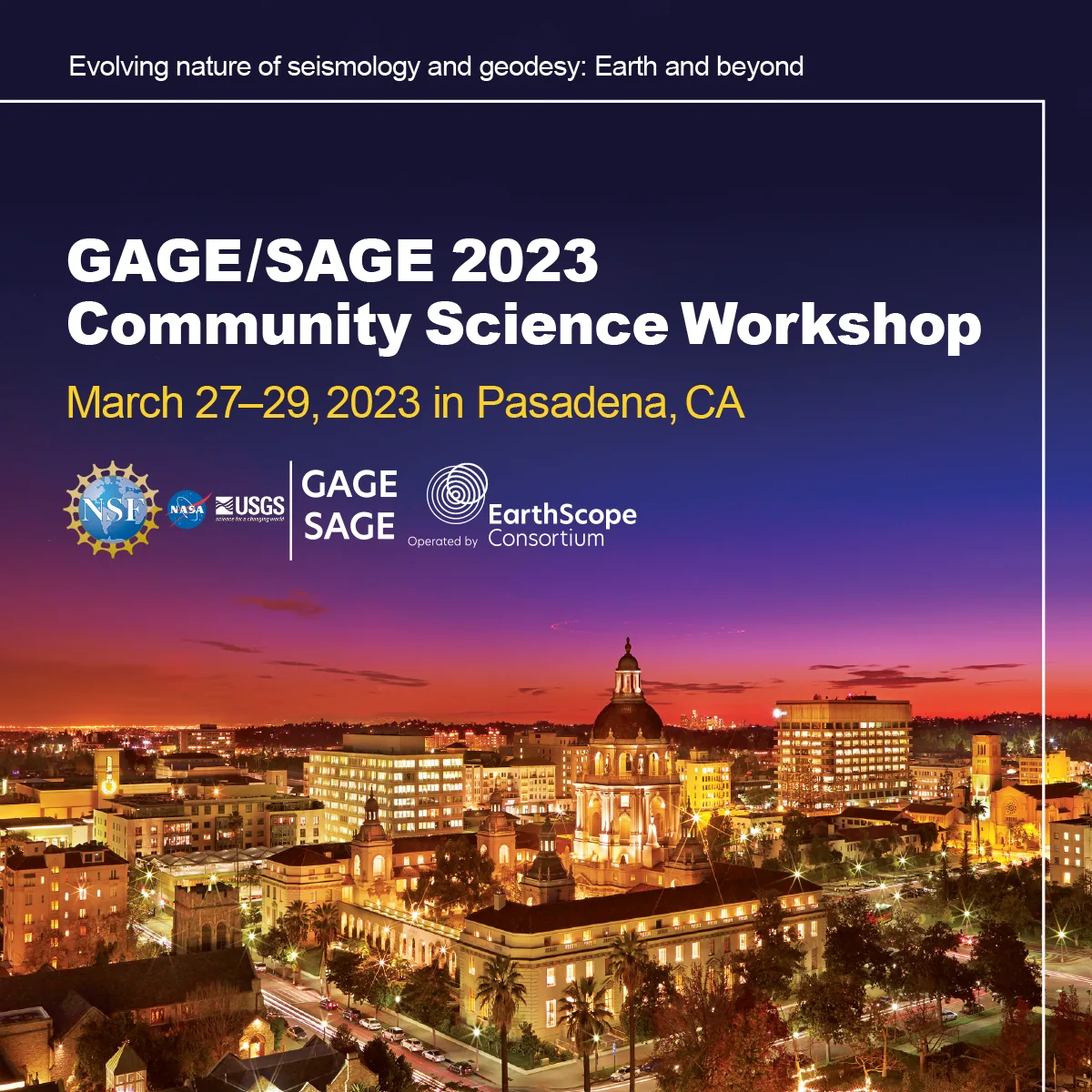
Save the date: GAGE/SAGE 2023 Community Science Workshop
Please save the date for the GAGE/SAGE 2023 Community Science Workshop!

Please save the date for the GAGE/SAGE 2023 Community Science Workshop!
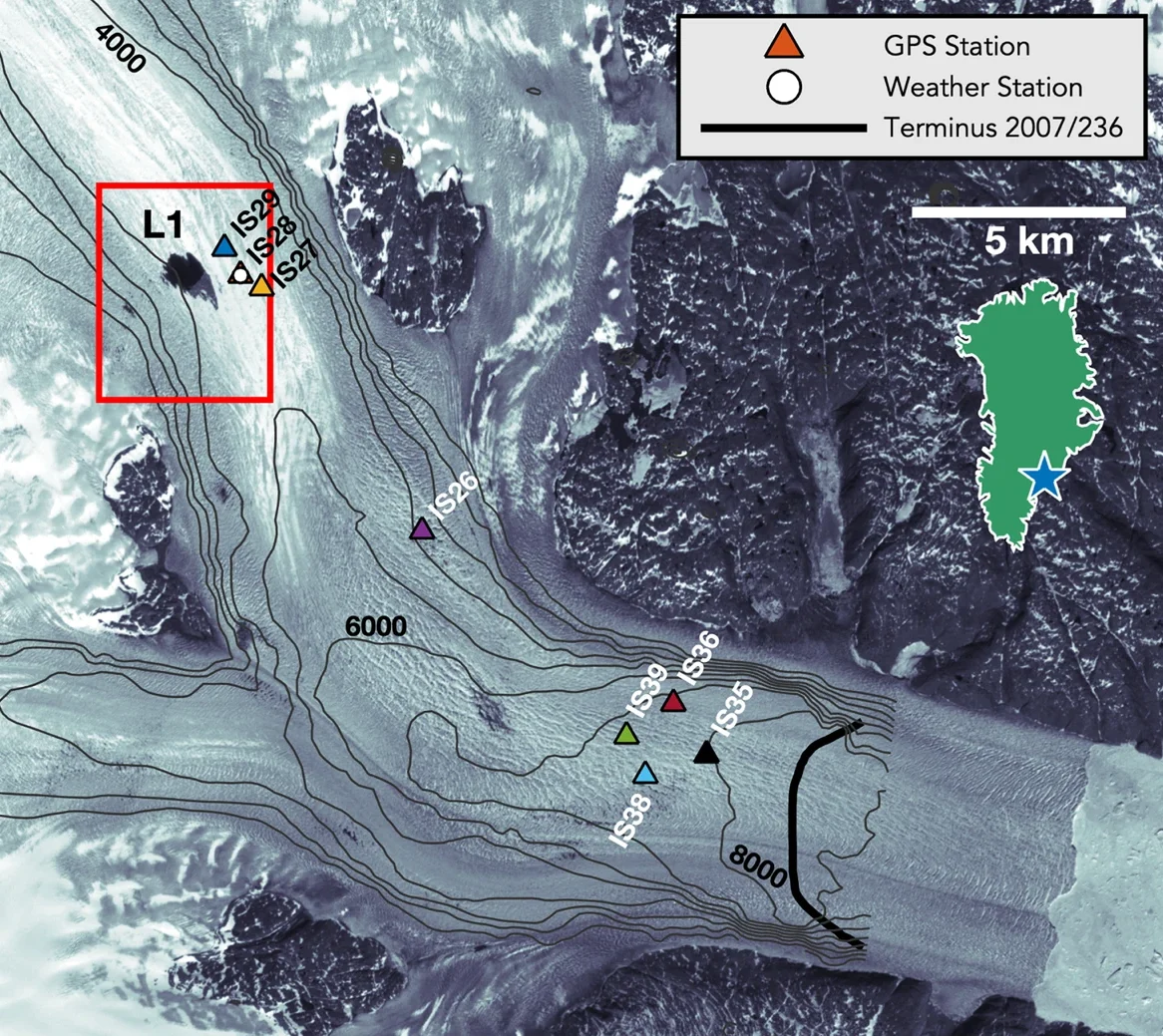
The metaphor of a “slippery slope” is often invoked for things that might quickly get out of control, but in glaciology these words can be applied more literally. In a warming world, we want to know how quickly ice sheets can melt and raise sea level. If melting ice lubricates the base and speeds up ice flow, losses could accelerate.
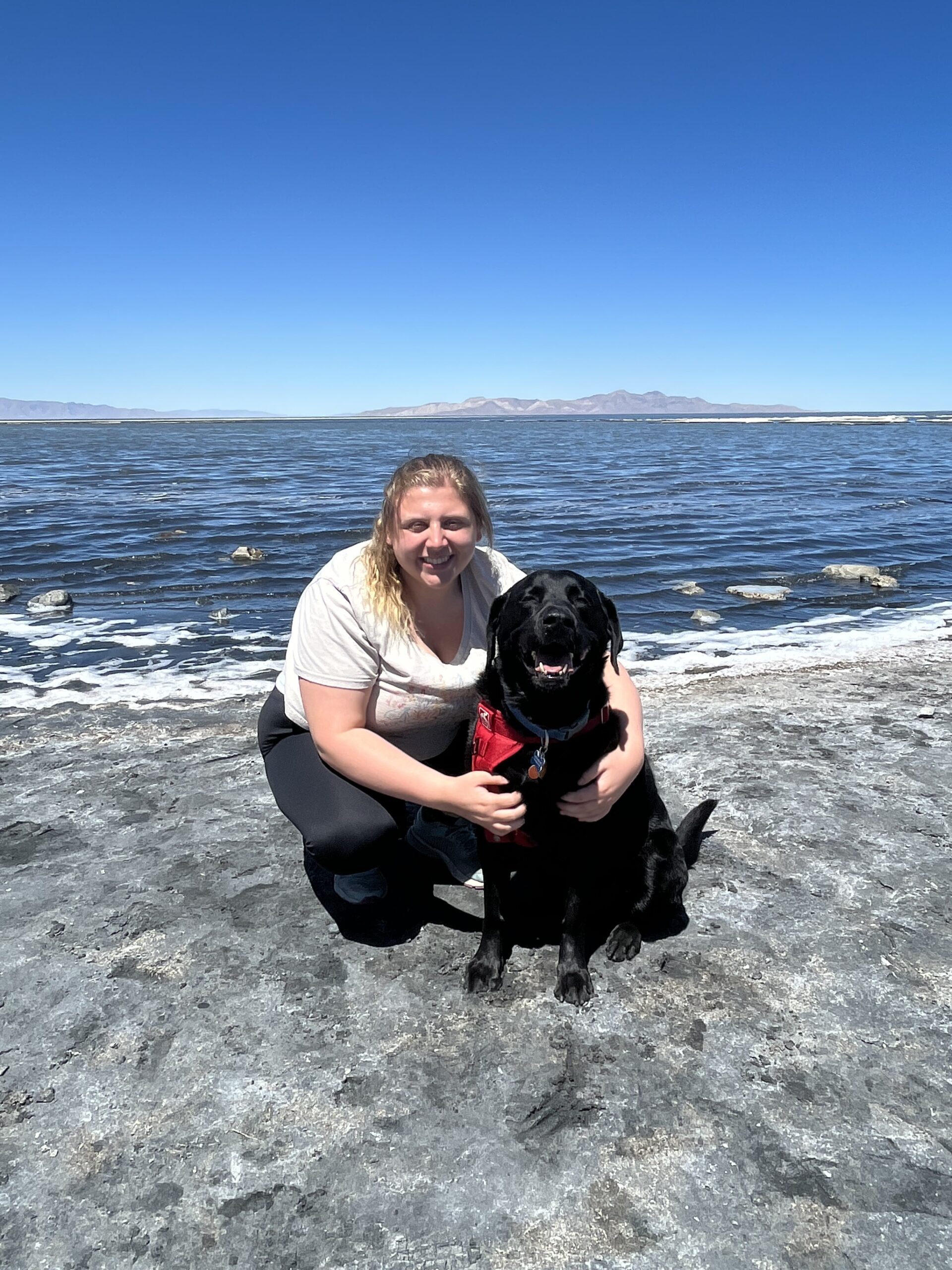
Lucia Bellino is a returning USIP Communications Intern working on honing her digital design and editing skills.
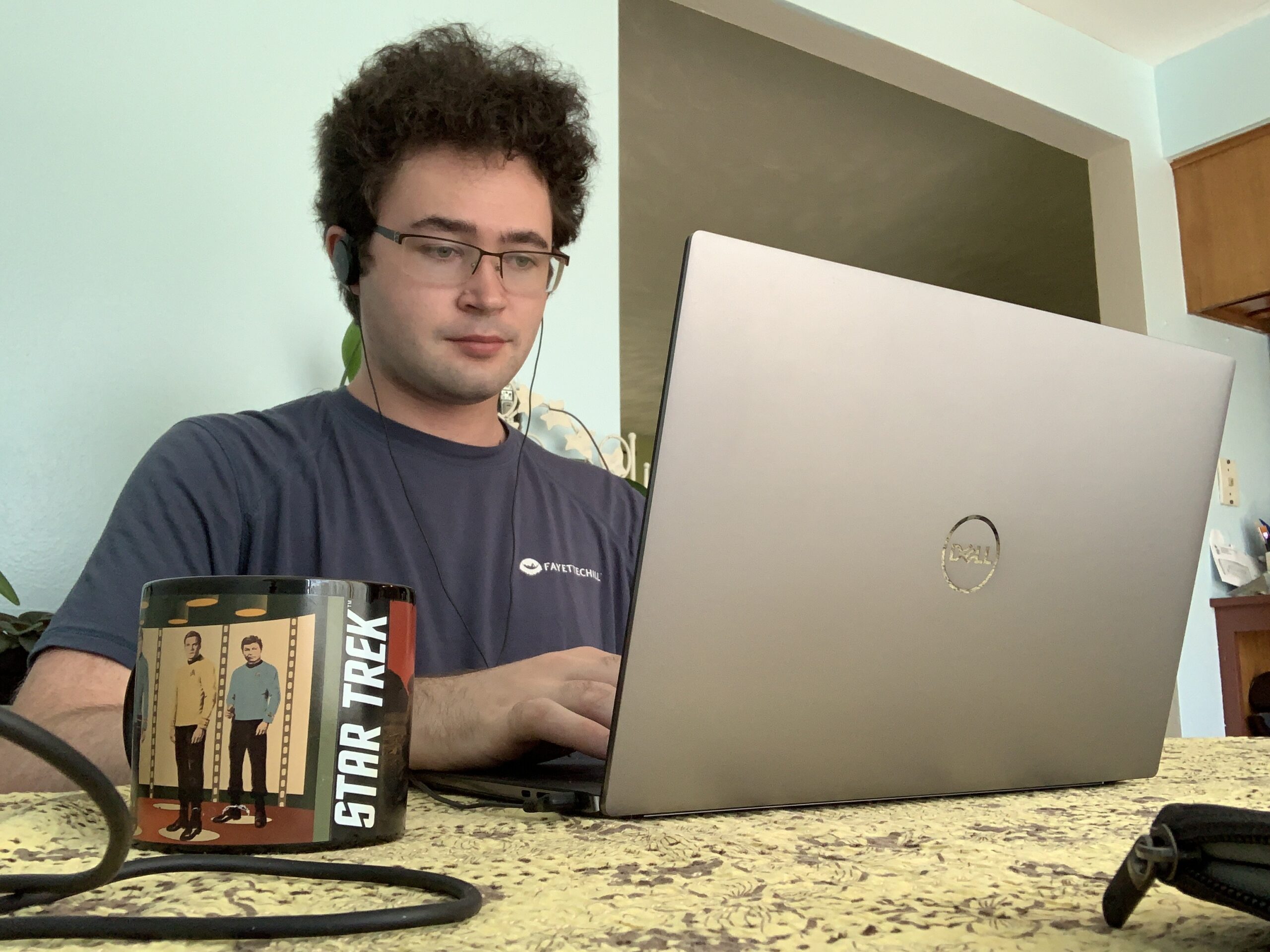
Zach Courter is a rising senior at the University of Colorado Denver where he is majoring in biology and minoring in communications.
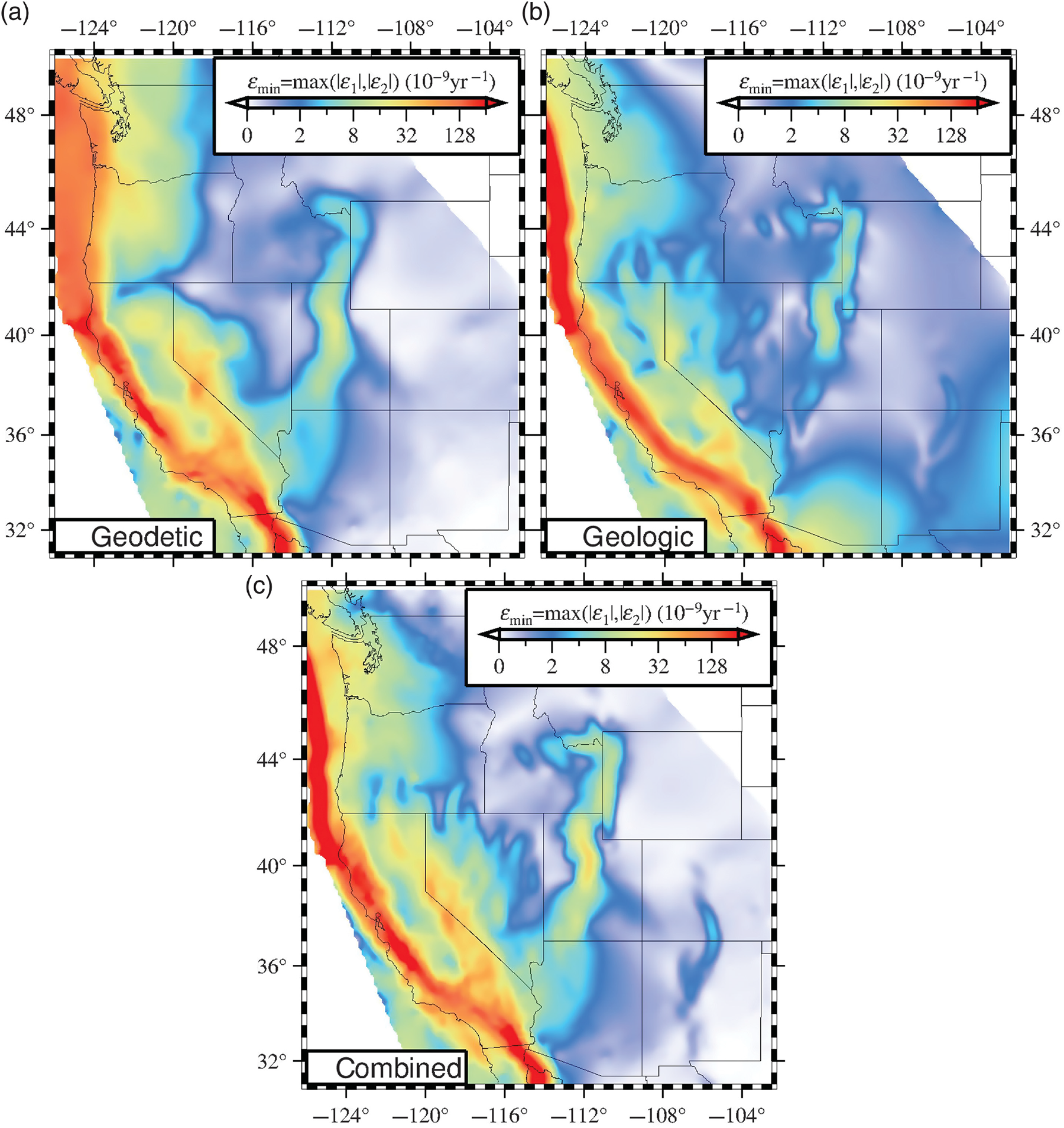
GPS/GNSS stations also record the gradual strain that accumulates along a fault until it slips again. A new study presents a fresh analysis of that strain in the western United States.
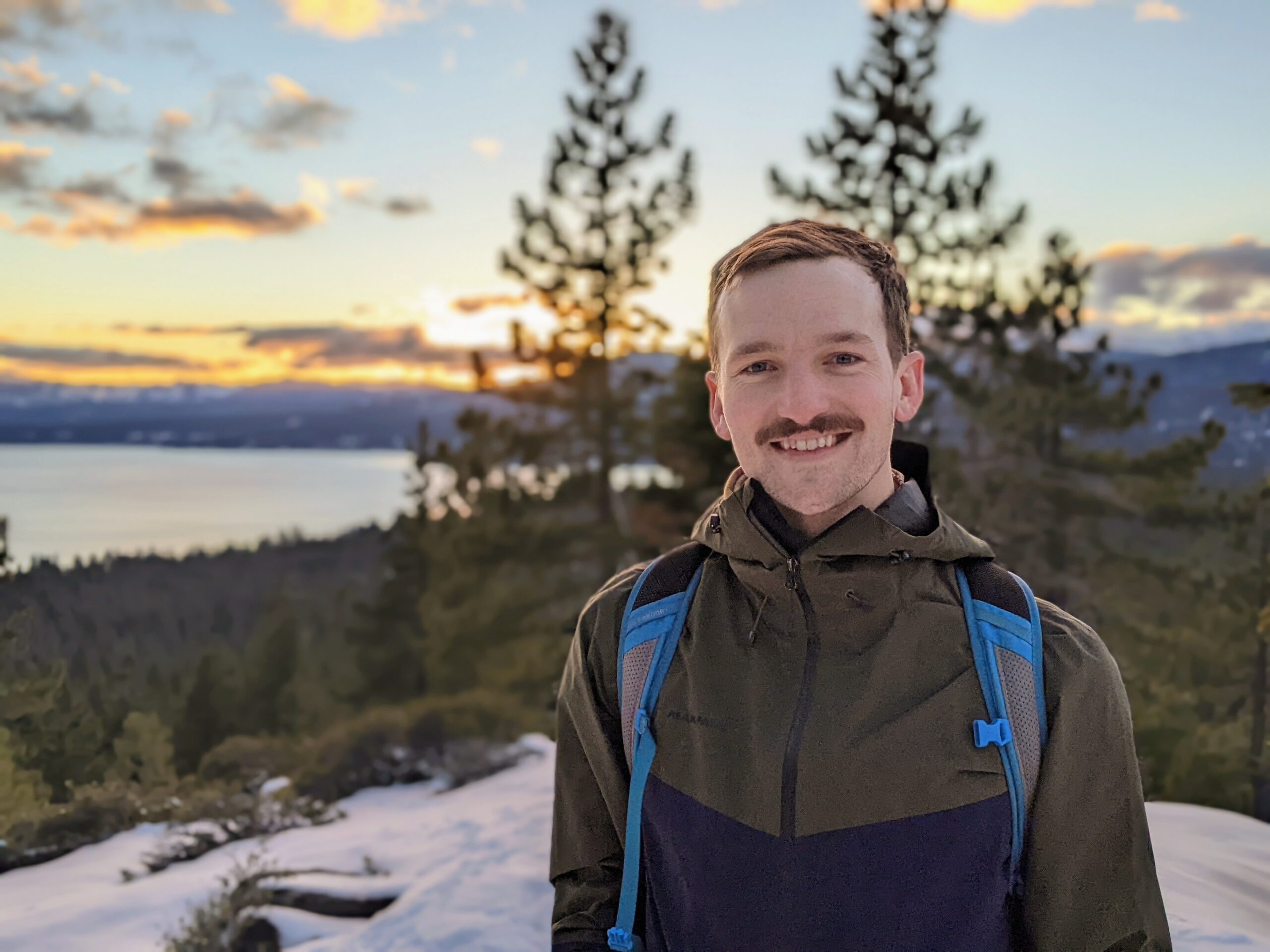
Kenny Larrieu is a PhD student at the University of California, Davis, where he uses autonomous underwater vehicles to study the dynamics of mixing in lakes and their ecological consequences

Cole Speed will be entering the final year of his PhD program at the University of Texas at Austin. Cole researches planetary surface processes, specifically how river evolution is preserved in the ancient rock record on both Earth and other planetary bodies.
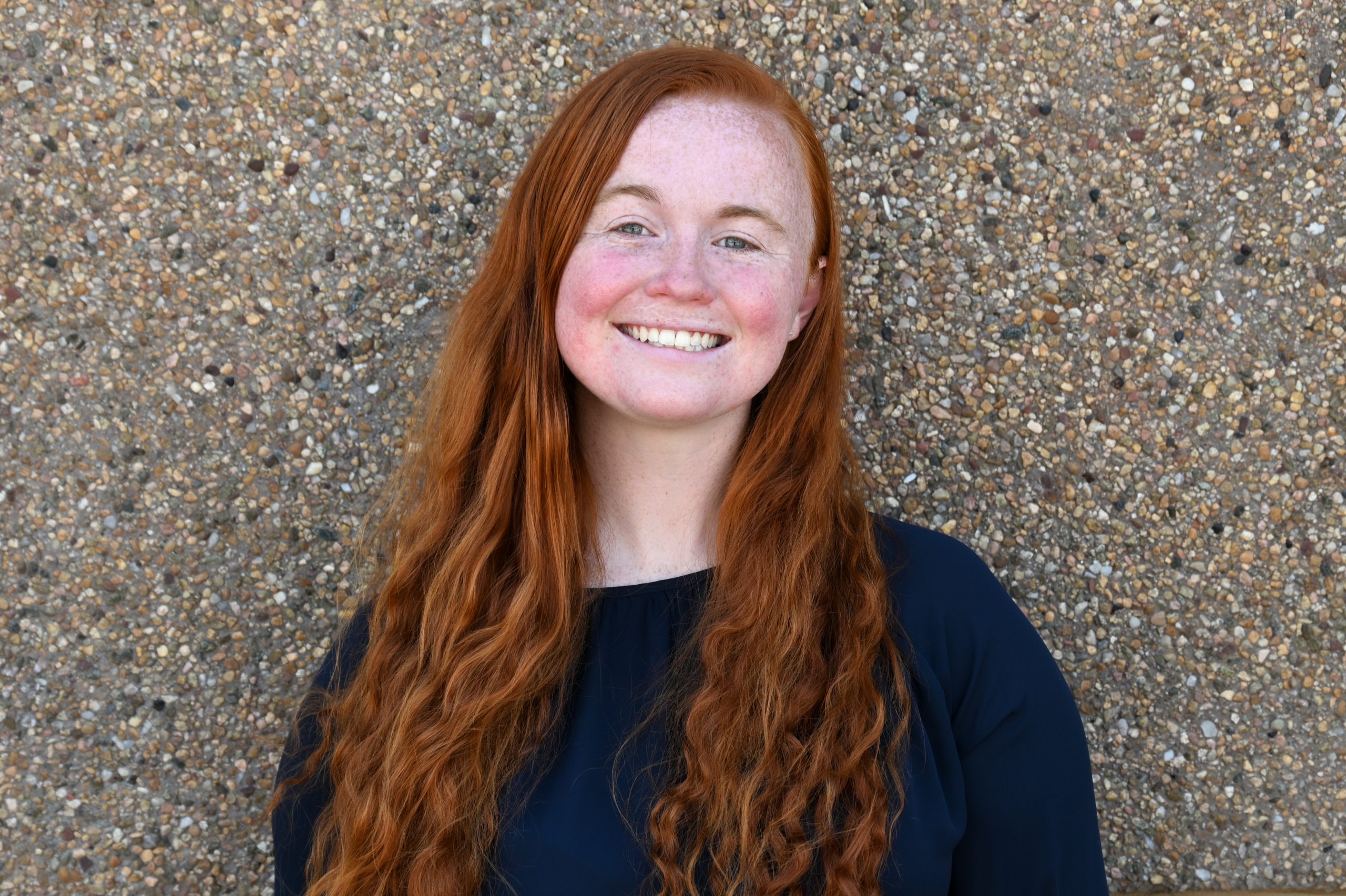
Becca Bussard is a 4th year PhD candidate at the University of Oregon and a returning USIP intern. Her PhD work utilizes geodetic techniques, primarily interferometric synthetic aperture radar (InSAR), to investigate volcanoes in the Cascades.
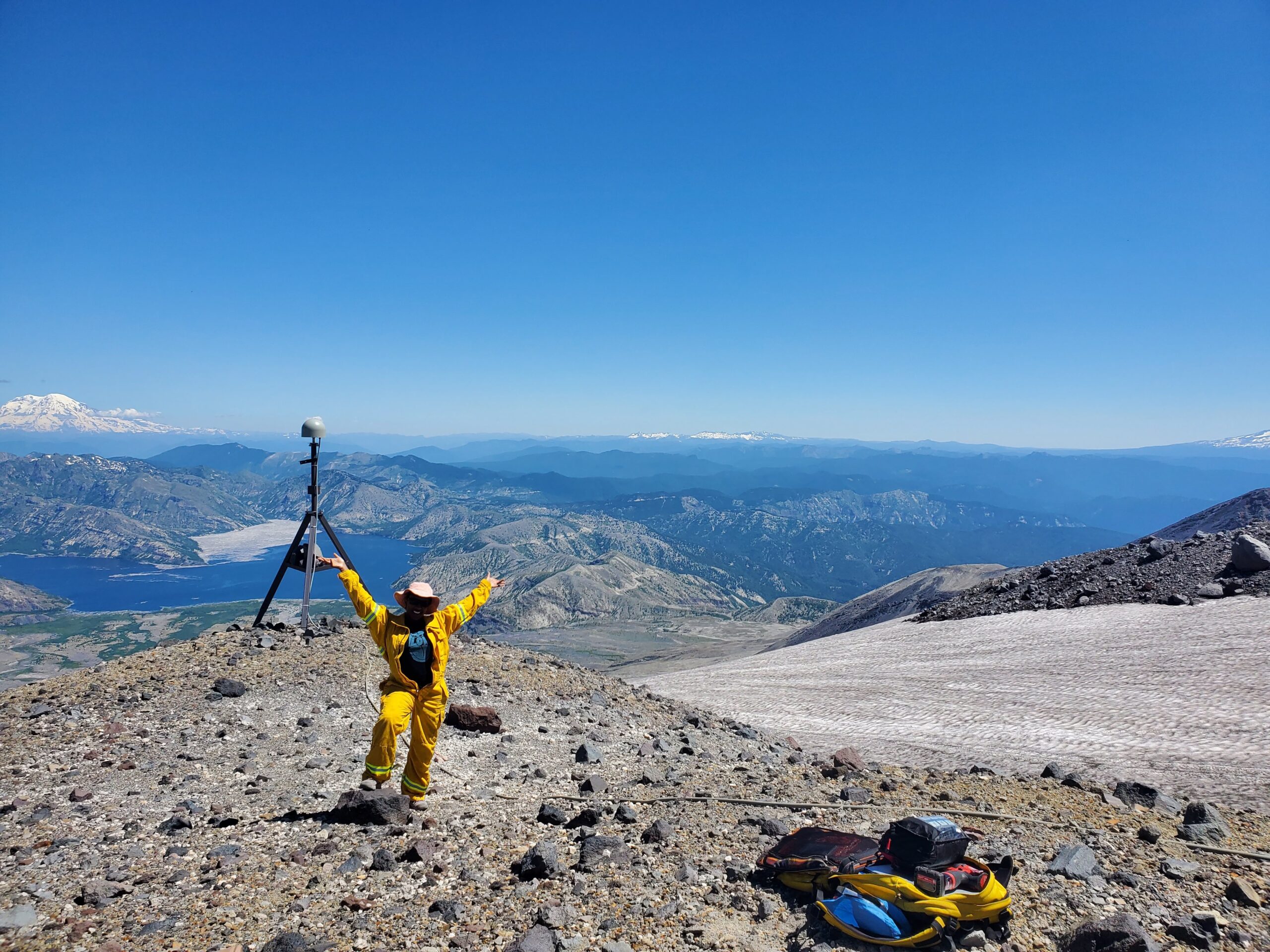
Kayla Byrd recently graduated from the University of Michigan, where she graduated with her bachelor’s degree in material science engineering with a minor in graphic design.

Ian Sulley is a rising senior at Union College, where he is majoring in computer engineering and minoring in embedded machine learning.
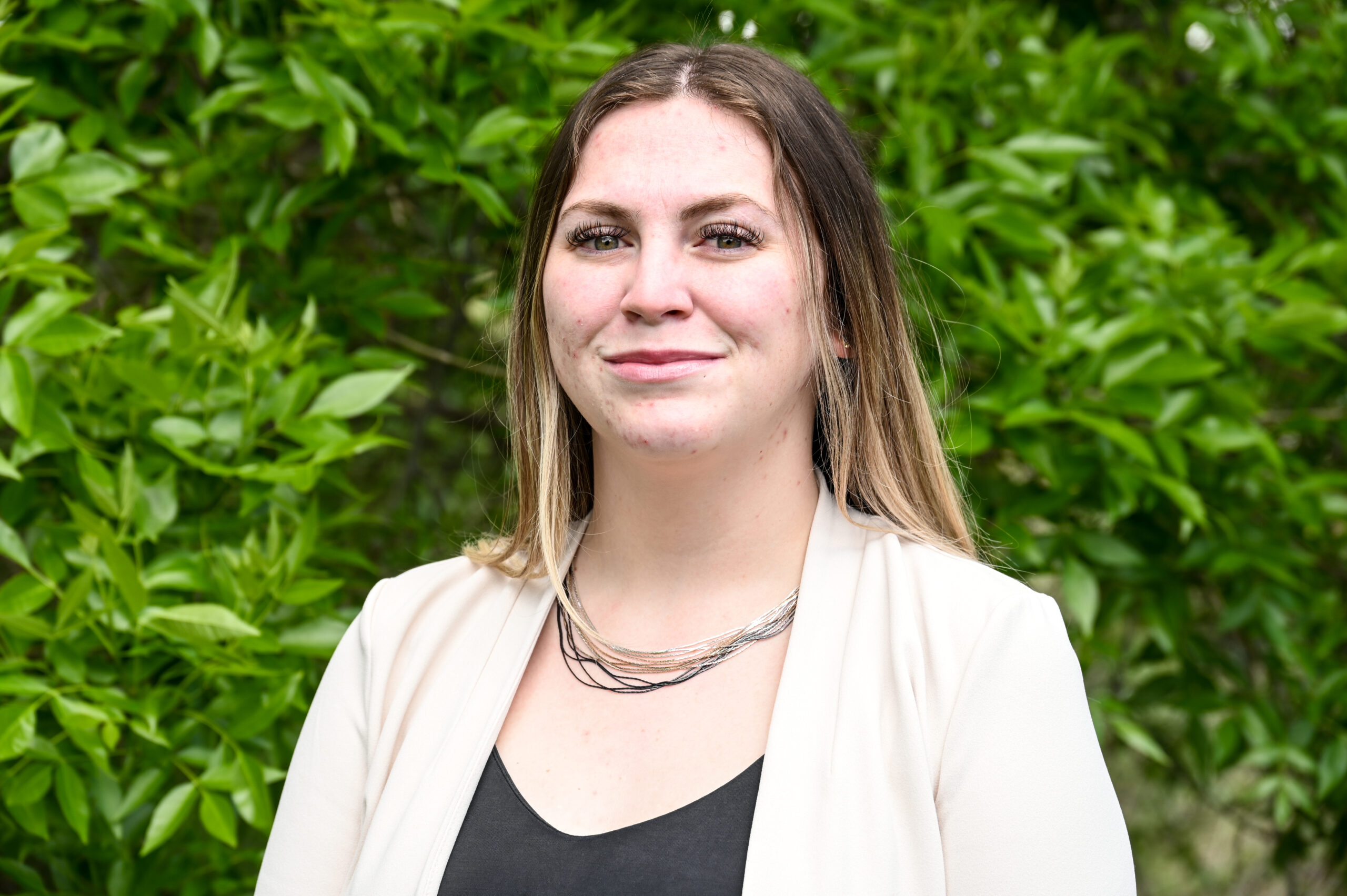
Jamie O’Reilly will be starting her final year at Red Rocks Community College to earn her associate’s degree in engineering.
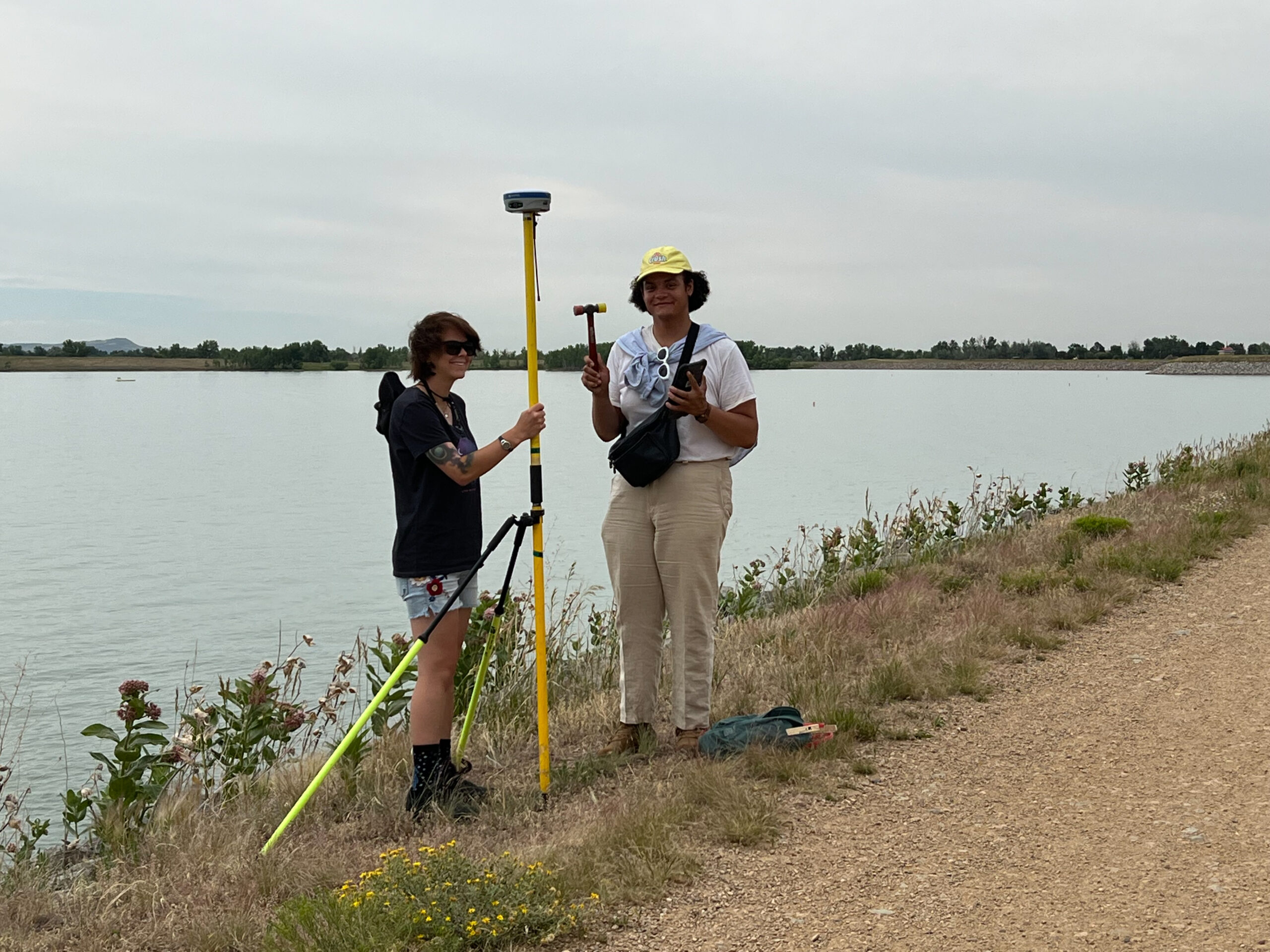
Taryn Roby is transferring from Red Rocks Community College to Metropolitan State University as a rising junior majoring in environmental science and obtaining a water studies certificate.